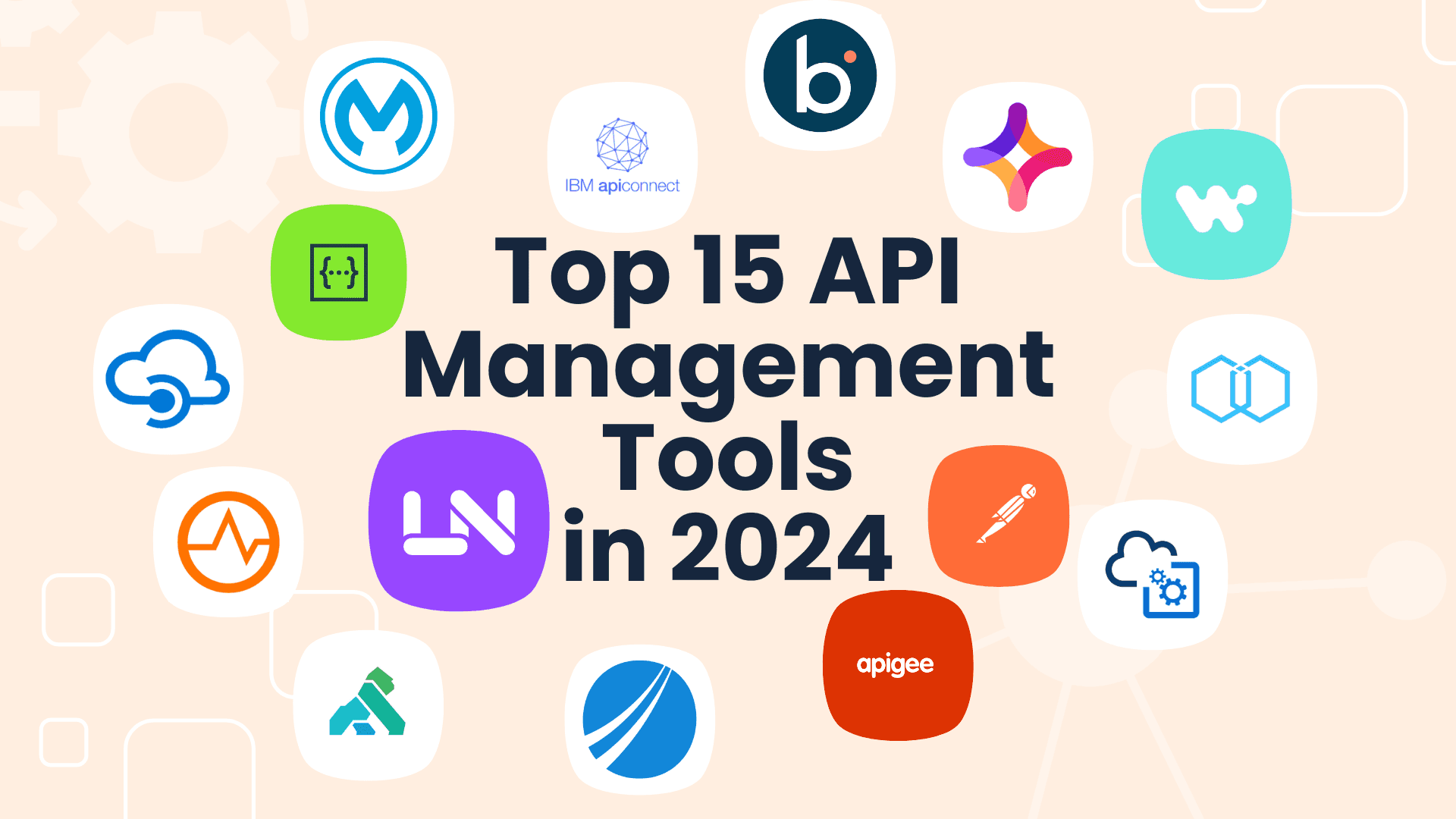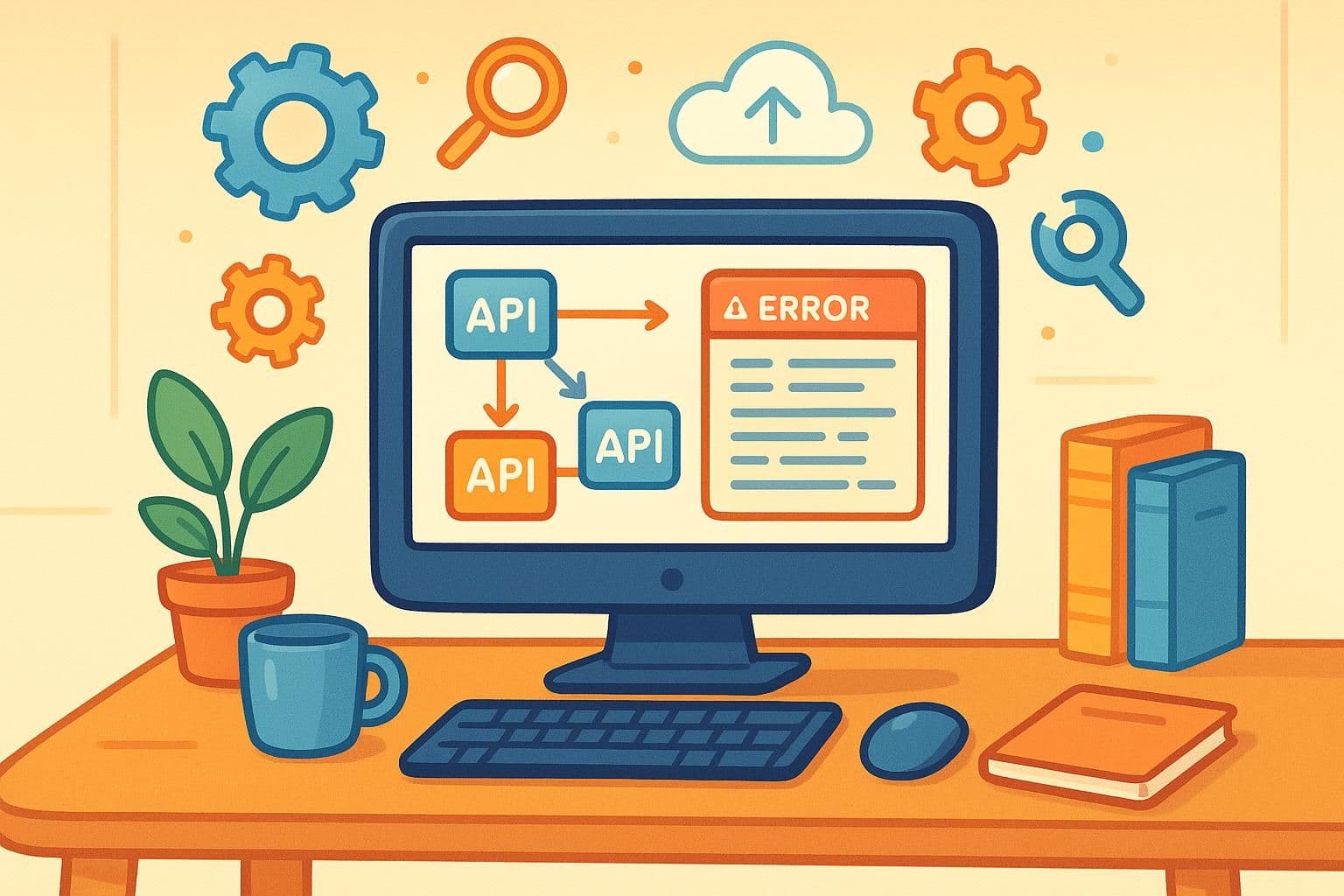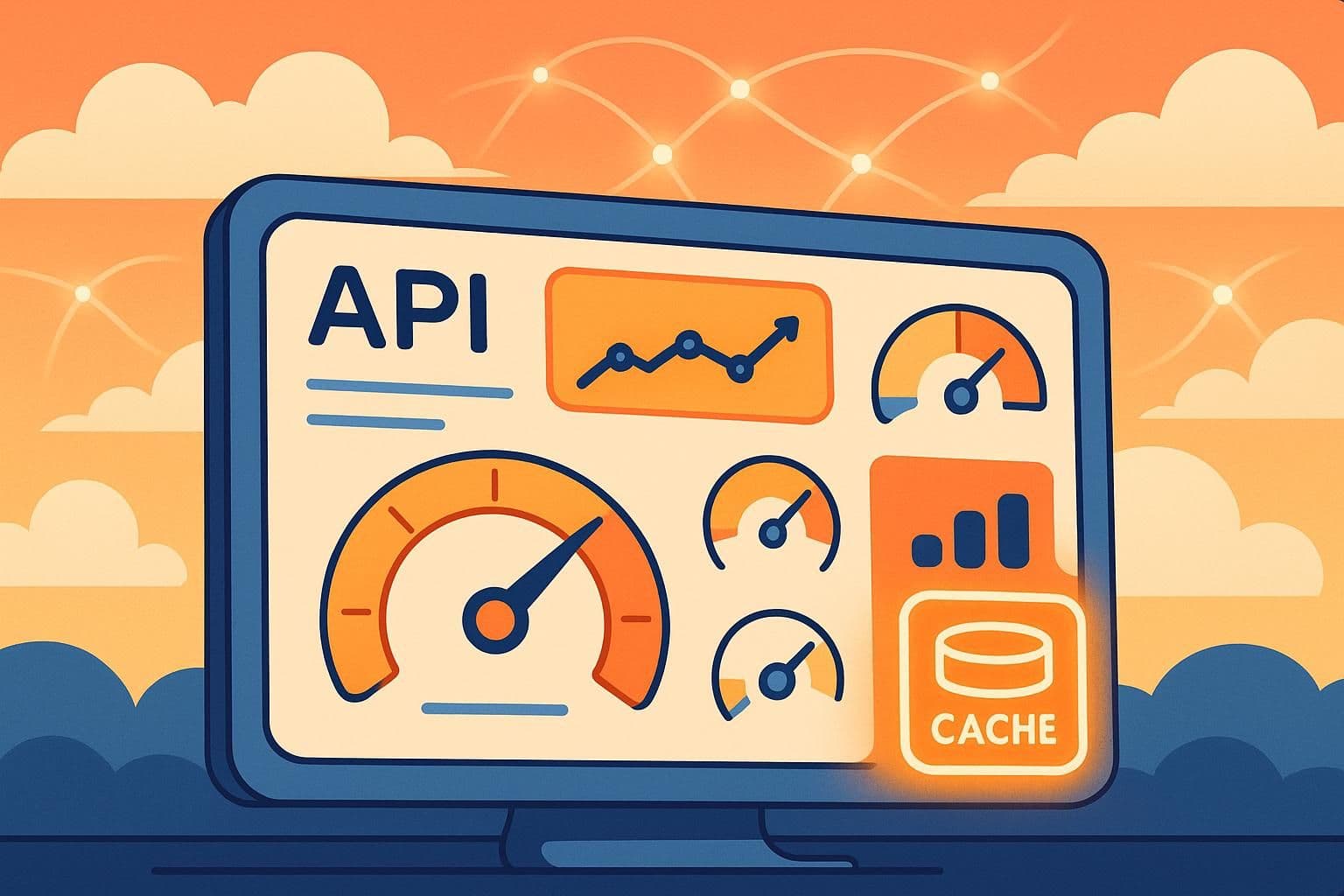Top 15 API Management Tools in 2024
API Management Demystified: Everything You Need to Know

introduction
API management has become an indispensable aspect for businesses and various other domains. Robust API management tools streamline the design, deployment, security, and control of APIs. By enabling seamless information exchange between software applications, these tools simplify the management of complex API interfaces, enhance security, boost performance, and facilitate seamless integration across different software products.
API management vendors offer comprehensive platforms that facilitate efficient work while ensuring robust protection. They empower organizations to create and manage interfaces, provide services and assets to developers, partners, and clients, both internally and externally, with complete security and scalable methods. Key benefits include heightened security, improved collaboration, and high performance, ultimately accelerating development, reducing errors, and enhancing the productivity of developers.
Key Takeaways: API management tools have become essential for businesses, enabling seamless information exchange, simplified API management, enhanced security, and improved performance and integration across software applications. The article outlines the key capabilities of these tools, including API design, security, traffic management, and analytics, as well as providing an overview of the top 15 API management solutions in 2024 and their key features to help readers choose the most suitable option for their needs.
Automate your API on Latenode – the best automation platform for you
What are API Management Tools?
API management tools help users design, create, test, monitor, and deploy APIs. They enable organizations to set up the entire API lifecycle on a unified platform.
The main types of API management tools include:
- API Gateways - used for authentication, authorization, and traffic routing
- Design and Documentation Tools - allow for effective API testing prior to deployment
- Lifecycle Management Components - comprehensive set of elements to control the entire API lifecycle
- Testing API Software - verify the functionality, performance, and security of APIs
Key capabilities of API management solutions:
- API Design and Creation: Developing specifications, defining endpoints, creating documentation
- Security and Authentication: Implementing protection mechanisms, authentication, and access control
- Traffic Management: Tracking and controlling the data flow between APIs and applications
- Monitoring and Analytics: Real-time monitoring and analysis of API usage and performance
APIs are the foundation of any software dealing with data. They facilitate the exchange of information between applications or platforms, enhancing user interaction. Key features of best API management tools include security and authentication, data flow management, real-time monitoring, and analytics.
Benefits of Using API Management Tools
API management platforms are comprehensive platforms designed to simplify work and ensure security. They offer numerous advantages:
- Secure Data Exchange: APIs enable the exchange of confidential data, so ensuring security is critical. API vendors protect APIs and data by providing real-time analytics to identify vulnerabilities.
- Flexible Development Approach: These tools allow for designing, testing, publishing, managing, and analyzing all APIs on a single platform, many of which are fully automated.
- Time Savings Through Automation: Automated API management solutions accelerate API creation and publication by automating most tasks.
- Analytics for API Development: Built-in monitoring dashboards and logs provide key API metrics that can be used for troubleshooting and planning future development.
- Version Management: API management tools enable making changes to APIs without disrupting the core system and tracking different versions.
- Enhanced Security, Collaboration, and Performance: These platforms accelerate development, reduce errors, and improve developer productivity.
The comprehensive capabilities of API management tools play a crucial role in business growth, ensuring security, flexibility, efficiency, and control over APIs.
Overview of the top API Management tools in 2024
What follows is an overview of the 15 best API management solutions for 2024, including their key features, to help readers choose the best option for their needs. Well, let's pick the best Api Management solution for you:
1. Latenode
![]()
Latenode is a platform that allows you to create, publish, and manage APIs with minimal effort. Key capabilities include visual API design without coding, automatic documentation generation, built-in support for OAuth 2.0 and OpenAPI, and monitoring of API performance and usage.
Top Features:
- Intuitive and Non-Linear Visual Canvas
- Custom Code for Data Transformation
- Quick Integrations
- Multi-Trigger Scenarios
- Headless Browser Node
- Error Handling and Testing
- Parallel Development and Production Environments
- Custom Node Creation
- Cost-Effective Data Iteration
- In-Built AI Tools
Try to optimize your processes on Latenode - The best automation platform
2. MuleSoft
![]()
A service with comprehensive capabilities for efficient work and software scaling. It includes an API gateway for secure access. Key features are personal protection, access management, and a microservices grid. It offers a secure and high-performance API management system regardless of scale.
Top Features:
- API gateway for secure access
- Personal protection
- Access management
- Microservices grid
3. IBM API Connect
![]()
A secure environment for managing APIs from a single platform. It allows for rapid deployment of APIs for specific users with version control. Advantages include reliable security, self-service, full API lifecycle management, self-service portals, and protection through enterprise gateways.
Top Features:
- Reliable security
- Self-service capabilities
- Full API lifecycle management
- Self-service portals
- Enterprise gateway protection
4. Dell Boomi
![]()
A platform with an intelligent interface for real-time integration using APIs. Recommended for tracking access, publishing, and managing APIs regardless of location (cloud or on-premises). Features include full lifecycle management, a simple interface, monitoring, and application development for smartphones, social media, and IoT.
Top Features:
- Full lifecycle management
- Simple interface
- Monitoring capabilities
- Multi-platform app development
5. Jitterbit
![]()
A platform with a comprehensive solution for quickly creating API interfaces. Advantages include excellent functionality, an intuitive interface, simplified API generation based on existing data, and flexibility for rapid deployment of new services.
Top Features:
- Excellent functionality
- Intuitive interface
- Simplified API generation from existing data
- Flexibility for rapid new service deployment
6. Workato
![]()
A platform for managing the complete API lifecycle. It enables the creation of secure, structured APIs for end-users. Advantages include lifecycle management, a control panel, extensive customization options, and an intuitive interface.
Top Features:
- Complete API lifecycle management
- Control panel
- Extensive customization options
- Intuitive interface
7. Microsoft Azure API Management
![]()
A comprehensive managed service for protecting, supporting, monitoring, and publishing APIs. Advantages include security, real-time analytics, and a developer portal. Key features include authentication/authorization, transformation of legacy web services, and control of traffic and errors.
Top Features:
- Security with authentication/authorization
- Real-time analytics
- Developer portal
- Legacy web service transformation to APIs
- Traffic, error monitoring and control
8. Postman
![]()
A platform with tools for managing, creating, and testing APIs. It has built-in support for authentication protocols. Advantages include a multitude of tools from API generation to testing, documentation capabilities, management tools, structuring requests into collections, and process automation with JavaScript.
Top Features:
- API platforms from generation to testing
- Documentation capabilities
- Management tools
- Request structuring into collections
- Process automation with JavaScript
9. Integrate.io
![]()
A platform for creating and managing APIs, simplifying work with data products. Main features include API creation, full configuration, flexible authentication, user scenarios, extensive data grid capabilities, and support via chat and documentation. It works with popular databases like SQL Server, MySQL, Snowflake, and BigQuery. It provides full control over API requirements and design, as well as scalability.
Top Features:
- API creation
- Full API configuration
- Flexible authentication
- User scenarios
- Extensive data grid capabilities
- User support via chat and documentation
10. Apigee
![]()
A leading Google Cloud API management platform for business scaling. Advantages include API generation, data control and analysis, and high security. It unlocks and standardizes information from any software/system, protects APIs, and provides useful analytics.
Top Features:
- API generation
- Data control and analysis
- High security
- Standardization across software/systems
- API protection and useful analytics
11. SwaggerHub
![]()
A powerful platform for maintaining high-quality APIs. It simplifies the entire API lifecycle, including automatic notifications, version management, and secure integration. Features include a smart editor, OpenAPI support, and easy integrations. Suitable for simplifying API design and management.
Top Features:
- Smart editor
- OpenAPI specification support
- Easy integrations
12. SAP Integration Suite
![]()
An iPaaS for connecting local and cloud systems, creating and managing APIs. Advantages include real-time data control, high security, and support for OData and OpenAPI. It enables rapid response to customer/partner requirements, authentication, and threat detection tools.
Top Features:
- Real-time data control
- High security
- OData and OpenAPI support
- Authentication and threat detection
13. TIBCO
![]()
A service for deploying APIs in public, private clouds, or on-premises, compatible with PaaS. Capabilities include centralized API management, high security, different cloud types and on-premises deployment. Visual API modeling without code, generation of OpenAPI and AsyncAPI documentation.
Top Features:
- Centralized API management
- High security
- Cross-environment deployment
- Visual, no-code API modeling
- OpenAPI/AsyncAPI documentation generation
14. Kong Konnect
![]()
A SaaS platform for managing multi-cloud APIs. It allows for secure connection of various services across different environments. Capabilities include multi-cloud API management, powerful plugins for security and traffic monitoring, quality support, scalable configuration, and API security optimization.
Top Features:
- Multi-cloud API management
- Security and traffic monitoring plugins
- Quality support
- Scalable configuration
- API security optimization
15. WSO2
![]()
An open-source service for providing APIs to internal and external consumers, process automation, and integration. Features include support for OAuth, OpenID, JWT, full API management, design management, API creation from existing services, and performance control.
Top Features:
- Open source
- OAuth, OpenID, JWT support
- Full API management
- Design management and existing service integration
- Performance control
In addition to the main features and advantages, potential drawbacks of some tools are also mentioned, such as high cost, complexity of setup and deployment, and limited functionality in free versions. This will help users choose the most suitable tool according to their needs and budget.
API Management Trends in 2024
As we enter 2024, trends in API management continue to evolve rapidly, reflecting the growing importance of APIs in today's digital landscape. Below are the key trends expected to shape the future of API management this year:
Importance of API Security
At its core, API security protects the exchange of information and functionality of applications and systems through API interfaces. The main goal is to create confidentiality, reliability, and accuracy of data, which must be protected from unauthorized access and malicious software. For modern software, security plays a crucial role, just as it does for enterprise products, since these factors directly depend on APIs for data exchange and integration.
Rise of APIs in the Internet of Things (IoT)
As the Internet of Things evolves, more devices and sensors are connecting to the network and exchanging data through APIs. This requires reliable and scalable solutions for managing APIs in IoT environments.
Adoption of Artificial Intelligence and Machine Learning
AI and machine learning are increasingly being used to optimize APIs, improve security, automate processes, and analyze big data passing through APIs.
Shift to Event-Driven Architecture
Instead of traditional request-response interactions, more companies are transitioning to event-driven architecture, where APIs publish and consume events in real-time.
Development of Hybrid and Multi-Cloud Strategies
As companies utilize multiple cloud environments and on-premises systems, the need for effective API management in hybrid and multi-cloud environments is growing.
Conclusion
As a representative of Latenode, the leading Low-code automation platform, I am confident that effective API management is a key aspect for any organization striving for growth, security, and improved developer productivity. The overview of top API management software presented in this article clearly demonstrates that Latenode offers unique capabilities that set us apart from the competition.
Our solution allows users to easily create, publish, and manage APIs using intuitive visual tools, automatic documentation generation, and Transform data with Custom Code. This provides our clients with the flexibility, security, and high performance they need when working with APIs. Additionally, Latenode simplifies the integration of various systems and offers reliable data access control.
Join our Discord community, where you can engage with Latenode experts, get answers to your questions, and stay informed about the latest API management trends. Together, we'll help your organization unlock the full potential of your API-driven strategies.
Automate your API on Latenode – the best automation platform for you



